Wholesale Distributor For Clothes USA
₹650.00
Wholesale Distributor For Clothes USA
M Print Vol 13 Mehbbob Tex
Mehbbobtex*
🌹M print vol 13 EXCLUSIVE COLLECTION*
D no:- 1195(7773) ABCD
TOP :- PURE COTTON PRINT WITH EXCLUSIVE EMBROIDERY 2 PATCHES
BOTTOM :- COTTON pure havy lawn printed
DUPATTA:
COTTON PRINT 650+5%Gst Shipping Extra
Note _ ***big patch 2 no one *company give multi with coding sequences patch all company gives chain work chief patches pls note
Table of Contents
ToggleWholesale Distributor For Clothes USA
Wholesale distribution plays a pivotal role in the success of clothing businesses across the United States. In this article, we’ll explore the dynamics of wholesale clothing distribution, the benefits it offers to retailers, and how businesses can find the right wholesale distributor to meet their needs.
I. Introduction
A. Definition of Wholesale Distribution
Wholesale distribution involves the process of selling goods in large quantities to retailers, who then sell them to end consumers. In the context of the clothing industry, wholesale distributors act as intermediaries between clothing manufacturers and retail businesses.
Click for More Collections Join Our Wholesale WhatsApp Group
Visit for More Pakistani Suit Wholesale Collection
B. Importance of Wholesale Distributors for Clothing Businesses
Wholesale distributors streamline the supply chain, offering cost efficiency and a wide variety of clothing options for retailers. This is particularly crucial for sustaining a competitive edge in the dynamic fashion market.
C. Overview of the Clothing Industry in the USA
Before delving into the specifics of wholesale distribution, it’s essential to understand the landscape of the clothing industry in the United States. The market is diverse, with trends varying across different regions and cities such as New York City, San Francisco, Austin, Seattle, Denver, Boston, Washington, D.C., Chicago, Portland, and Charleston.
II. The Role of Wholesale Distributors in the Clothing Industry
A. Streamlining the Supply Chain
Wholesale distributors play a vital role in streamlining the complex supply chain of the clothing industry. They ensure a smooth flow of products from manufacturers to retailers, reducing the lead time and operational hassles for both parties.
B. Cost Efficiency for Retailers
One of the primary advantages of opting for wholesale distribution is the cost efficiency it offers to retailers. Buying in bulk allows retailers to benefit from economies of scale, ultimately leading to more competitive pricing for consumers.
C. Variety and Options for Retailers
Wholesale distributors provide a diverse range of clothing options, allowing retailers to cater to different tastes and preferences. This variety is crucial for retailers looking to meet the demands of their diverse customer base.
III. Characteristics of a Reliable Wholesale Distributor
A. Quality of Clothing Products
When selecting a wholesale distributor, the quality of the clothing products is paramount. Retailers must ensure that the distributor sources high-quality, fashionable items that align with their target market.
B. Efficient Logistics and Timely Deliveries
Reliability in logistics and timely deliveries are non-negotiable factors. Retailers need a distributor who can consistently meet delivery timelines and maintain a smooth supply chain.
C. Competitive Pricing
Competitive pricing is a key consideration. Retailers should compare pricing structures of different distributors to ensure they are getting the best value for their investment.
IV. Benefits of Choosing a Local Wholesale Distributor
A. Quick Turnaround Time
Opting for a local wholesale distributor offers the advantage of quick turnaround times. Reduced shipping distances translate to faster deliveries, helping retailers respond promptly to changing market demands.
B. Reduced Shipping Costs
Local distributors often entail lower shipping costs, contributing to overall cost savings for retailers. This is especially beneficial for small businesses with limited budgets.
C. Better Understanding of Local Trends
Local distributors are attuned to regional fashion trends, providing retailers with valuable insights into what resonates with the local consumer base. This localized knowledge can be a strategic advantage for retailers.
V. Finding the Right Wholesale Distributor in the USA
A. Researching and Shortlisting Potential Distributors
Retailers should invest time in researching and shortlisting potential wholesale distributors. This involves understanding their reputation, market standing, and the range of products they offer.
B. Checking Reviews and Testimonials
Reviews and testimonials from other retailers can offer valuable insights into the distributor’s performance. Positive feedback regarding reliability, product quality, and customer service is indicative of a trustworthy distributor.
C. Analyzing Pricing and Terms
Careful analysis of pricing structures and contractual terms is essential. Retailers should be clear on payment terms, return policies, and any additional costs associated with the partnership.
VI. Top Wholesale Distributors in the USA
A. Overview of Key Players
Several wholesale distributors have established themselves as key players in the U.S. market. Understanding their strengths and specializations can aid retailers in making informed decisions.
B. Specializations and Unique Selling Points
Distributors often specialize in certain types of clothing or cater to specific market segments. Identifying a distributor aligned with a retailer’s niche can enhance the overall partnership.
C. Customer Satisfaction and Ratings
Exploring customer satisfaction levels and ratings of wholesale distributors provides a gauge of their performance. Distributors with high levels of customer satisfaction are likely to offer a positive experience.
VII. How Wholesale Distribution Supports Small and Large Retailers
A. Leveling the Playing Field
Wholesale distribution levels the playing field for retailers of all sizes. Small businesses can access the same quality products and competitive pricing as larger counterparts, enabling fair competition.
B. Enabling Small Businesses to Compete
For small businesses, wholesale distribution opens doors to a broader market. It allows them to compete with more extensive retail chains by offering a diverse range of products at competitive prices.
C. Scaling Opportunities for Large Retailers
Large retailers benefit from wholesale distribution by gaining access to a vast array of products without the logistical challenges of dealing directly with numerous manufacturers. This scalability is crucial for meeting the demands of a large and diverse customer base.
VIII. Importance of Location in Wholesale Distribution
A. Proximity to Major Cities
The location of a wholesale distributor is critical. Proximity to major cities such as New York City, San Francisco, Austin, Seattle, Denver, Boston, Washington, D.C., Chicago, Portland, and Charleston ensures efficient and timely deliveries to retailers.
B. Accessibility to Transportation Hubs
Distributors strategically located near transportation hubs can capitalize on efficient logistics, reducing lead times and ensuring a constant flow of products to retailers.
C. Serving the Unique Needs of Different Regions
Wholesale distributors with a presence in diverse regions can better cater to the unique needs and preferences of local markets. Understanding regional variations is key to successful distribution.
IX. Challenges and Solutions in Wholesale Clothing Distribution
A. Inventory Management
Efficient inventory management is a common challenge in wholesale clothing distribution. Implementing advanced inventory tracking systems can help distributors and retailers address this issue.
B. Seasonal Variations and Trends
Coping with seasonal variations and rapidly changing fashion trends requires flexibility. Distributors should adopt agile strategies to adjust their product offerings accordingly.
C. Technology Adoption for Streamlined Processes
The integration of technology, such as automated order processing and inventory management systems, can significantly streamline wholesale distribution processes, reducing errors and delays.
X. Future Trends in Wholesale Clothing Distribution
A. E-commerce Integration
The integration of wholesale distribution with e-commerce platforms is a growing trend. Distributors and retailers embracing online channels can reach a broader audience and enhance their overall competitiveness.
B. Sustainable Practices
The fashion industry is increasingly focused on sustainability. Wholesale distributors adopting eco-friendly practices and offering sustainable clothing options are likely to gain prominence in the market.
C. Technological Advancements
Advancements in technology, such as predictive analytics and artificial intelligence, will play a crucial role in optimizing distribution processes, enhancing efficiency, and meeting the evolving needs of retailers.
XI. Conclusion
A. Recap of Key Points
Wholesale distributors form the backbone of the clothing industry in the USA, offering essential services that enable retailers, both small and large, to thrive in a competitive market.
B. The Crucial Role of Wholesale Distributors in the Clothing Industry
Understanding the role and significance of wholesale distributors is pivotal for retailers seeking sustainable growth and success in the dynamic landscape of the clothing industry.
XII. FAQs
A. How can I find reliable wholesale distributors in my city?
Finding reliable wholesale distributors in your city involves thorough research, reading reviews, and attending industry events to network with potential partners.
B. Are there any wholesale distributors specializing in sustainable clothing?
Be the first to review “Wholesale Distributor For Clothes USA” Cancel reply
Related Products
Pakistani Suit Wholesale
Pakistani Suit Wholesale
Pakistani Suit Wholesale
Pakistani Suit Wholesale
Pakistani Suit Wholesale
Pakistani Suit Wholesale
Pakistani Suit Wholesale
Pakistani Suit Wholesale
Pakistani Suit Wholesale
Pakistani Suit Wholesale
Pakistani Suit Wholesale
Pakistani Suit Wholesale
Pakistani Suit Wholesale
Pakistani Suit Wholesale
Pakistani Suit Wholesale
Pakistani Suit Wholesale
Pakistani Suit Wholesale
Pakistani Suit Wholesale
Pakistani Suit Wholesale
Pakistani Suit Wholesale


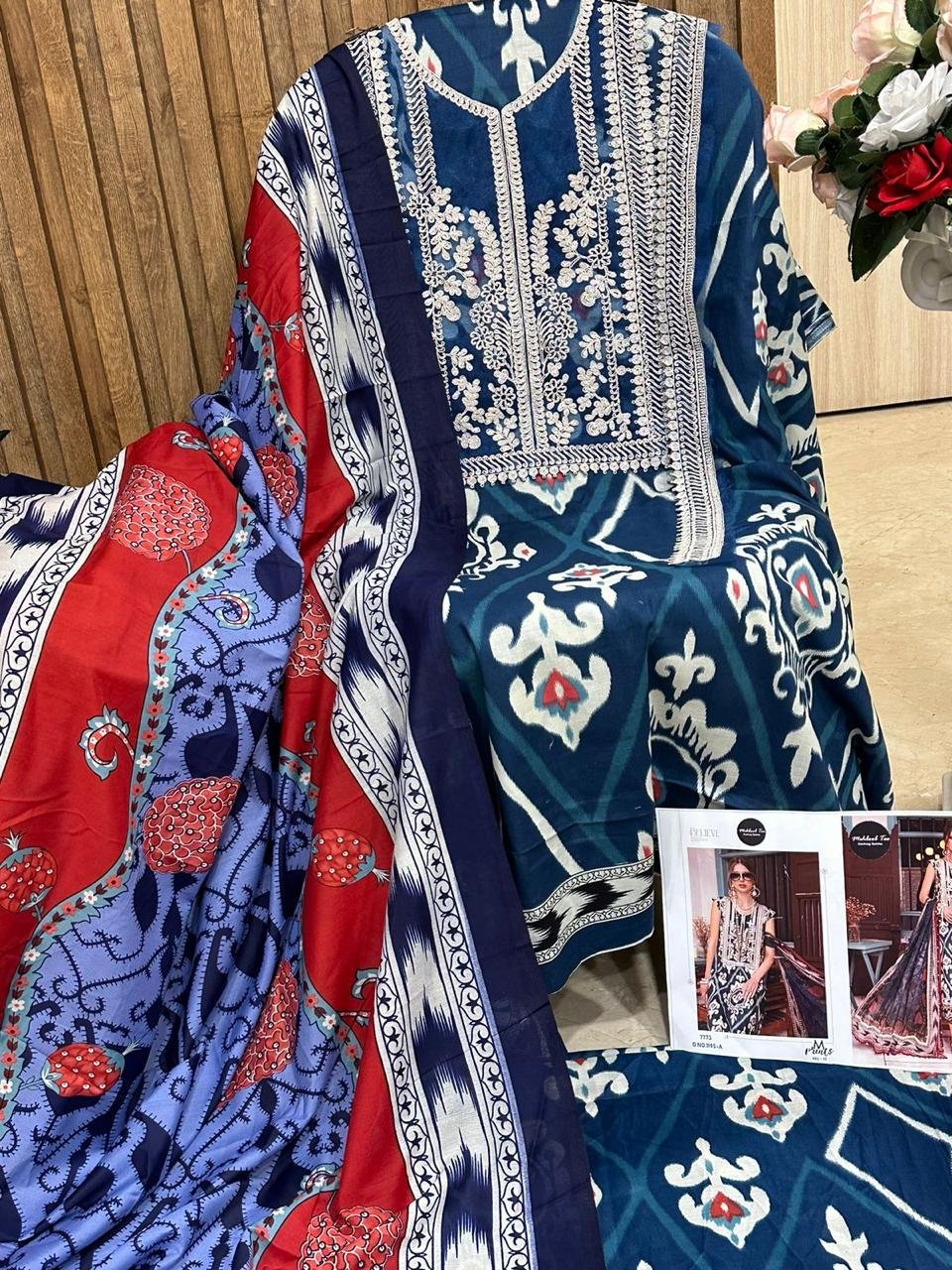
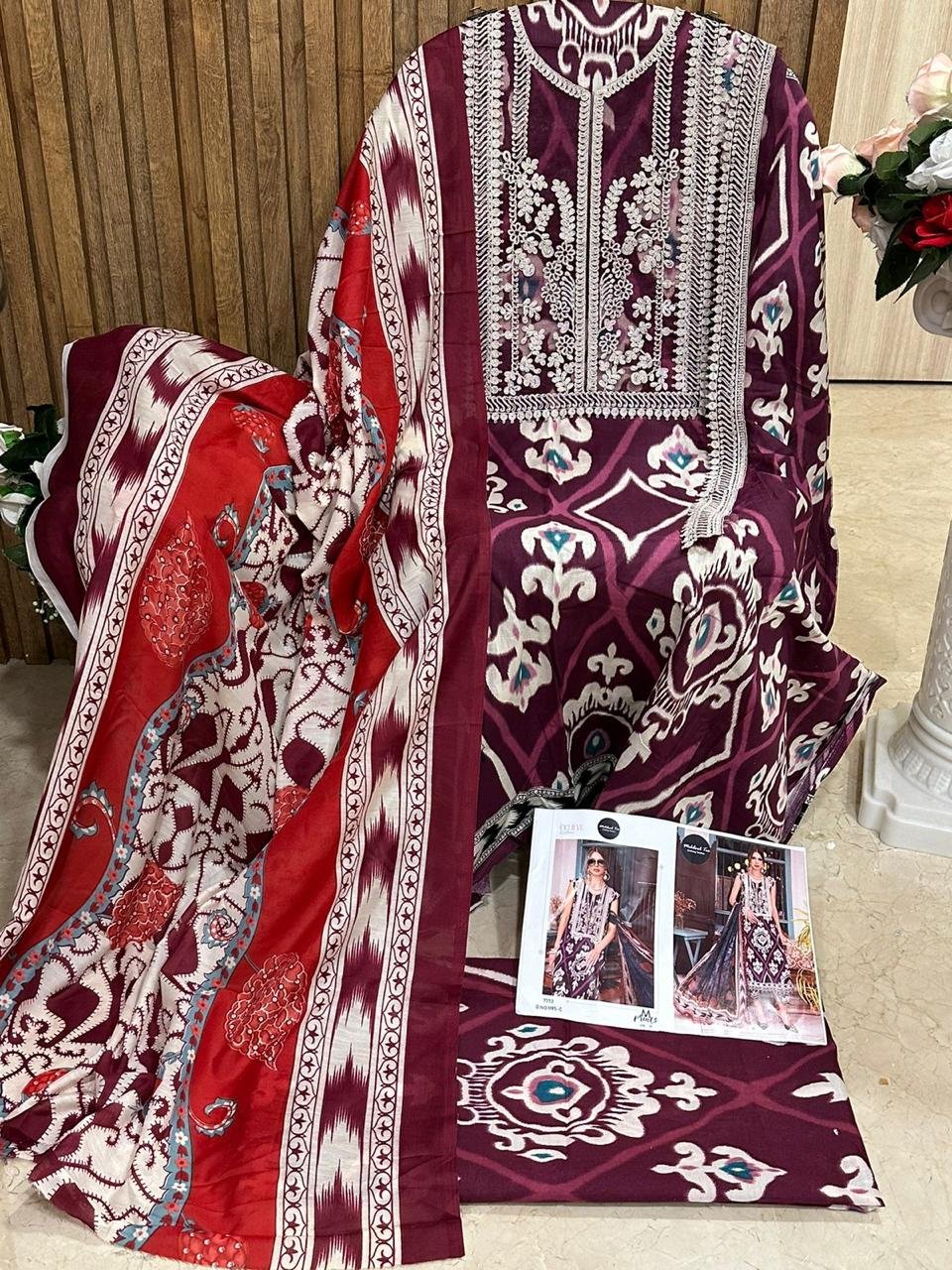
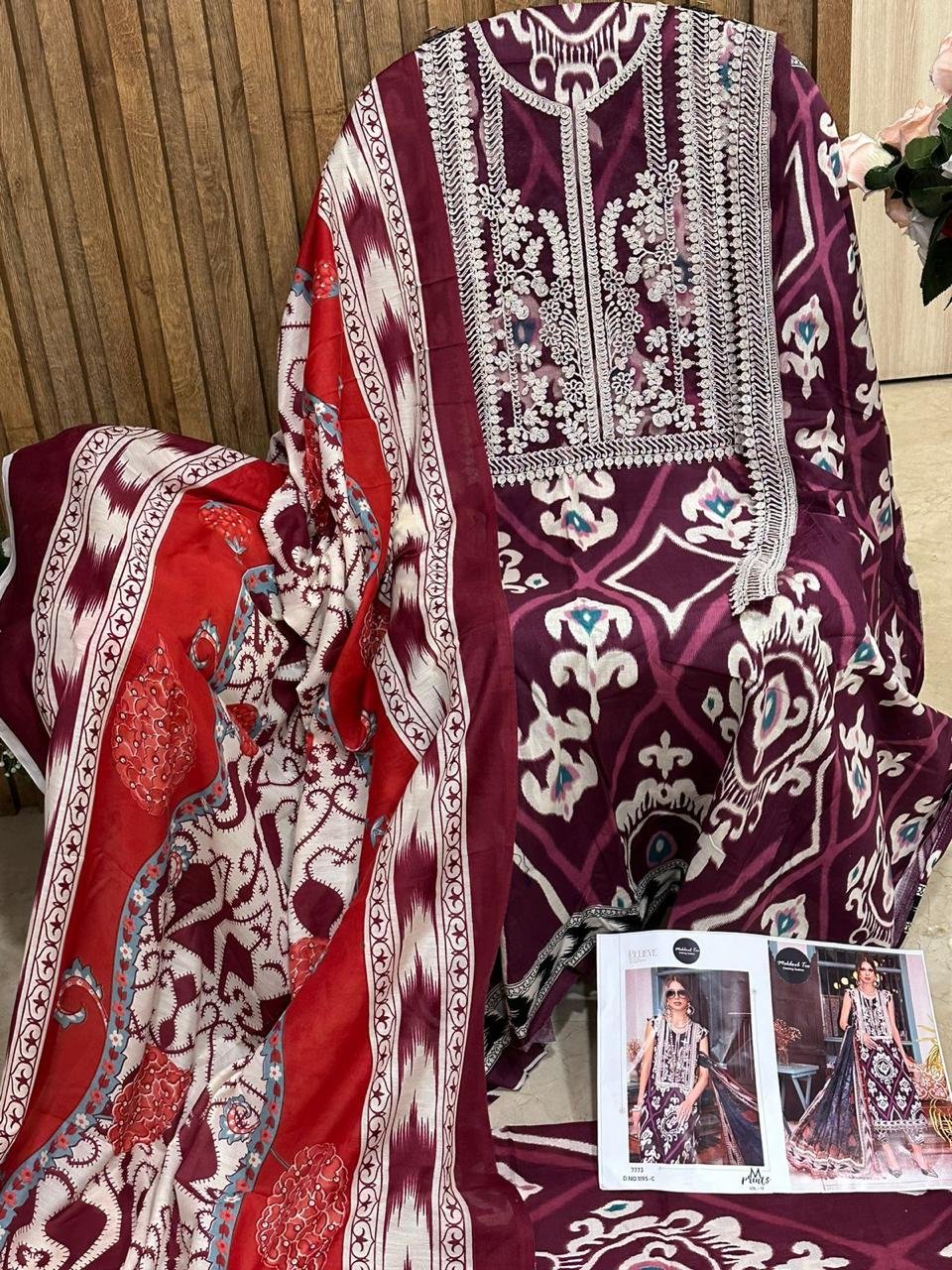





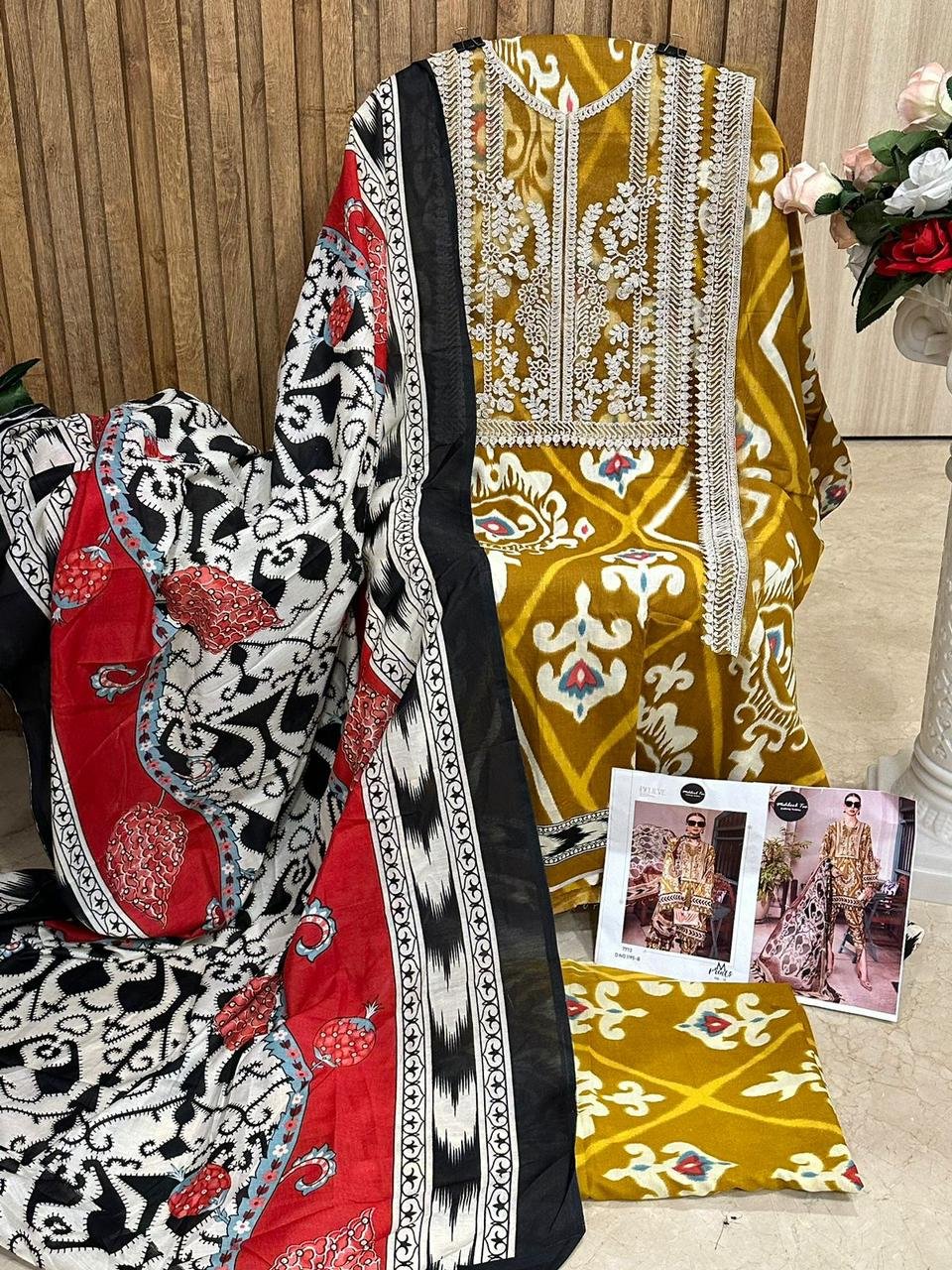
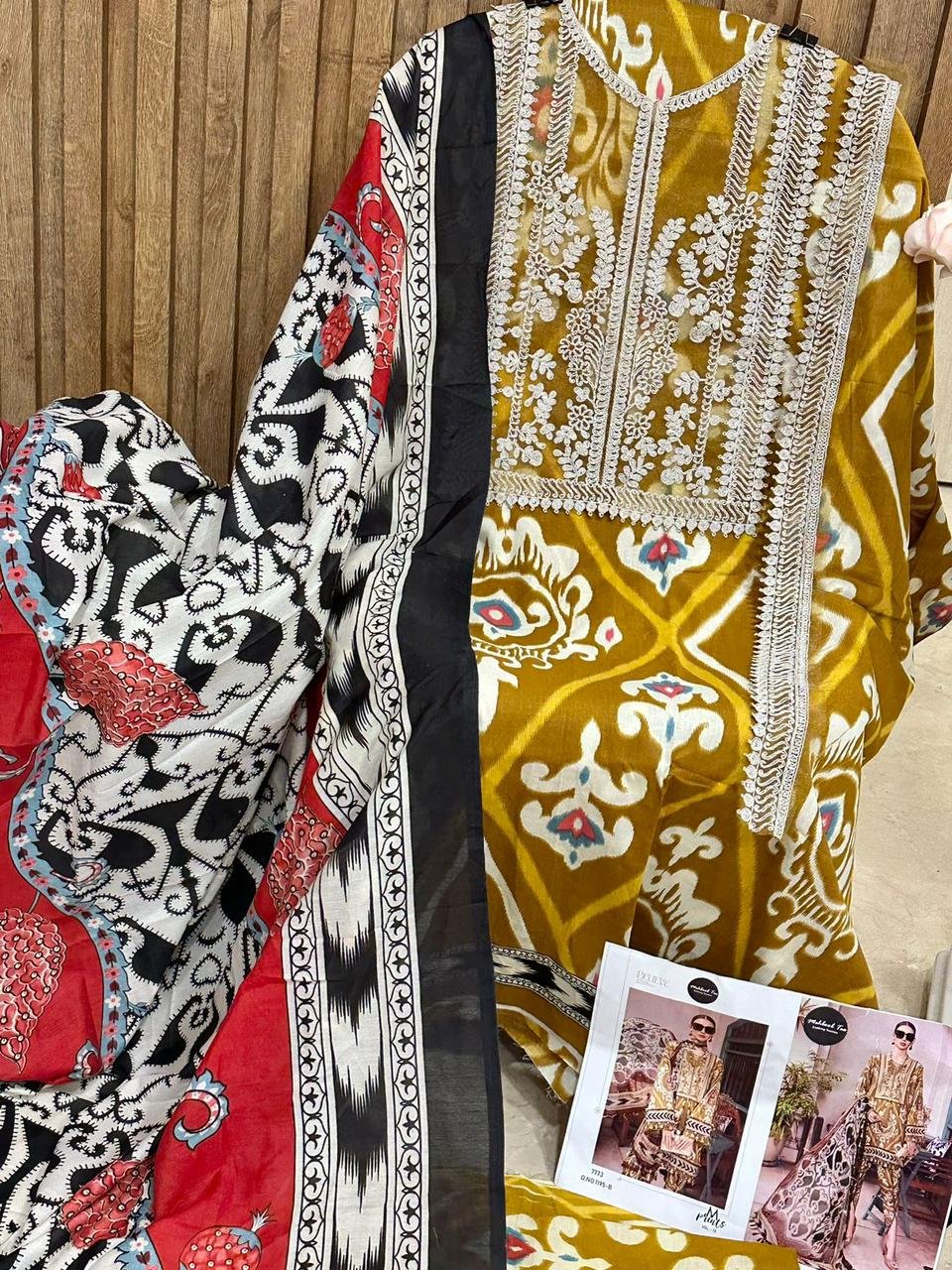
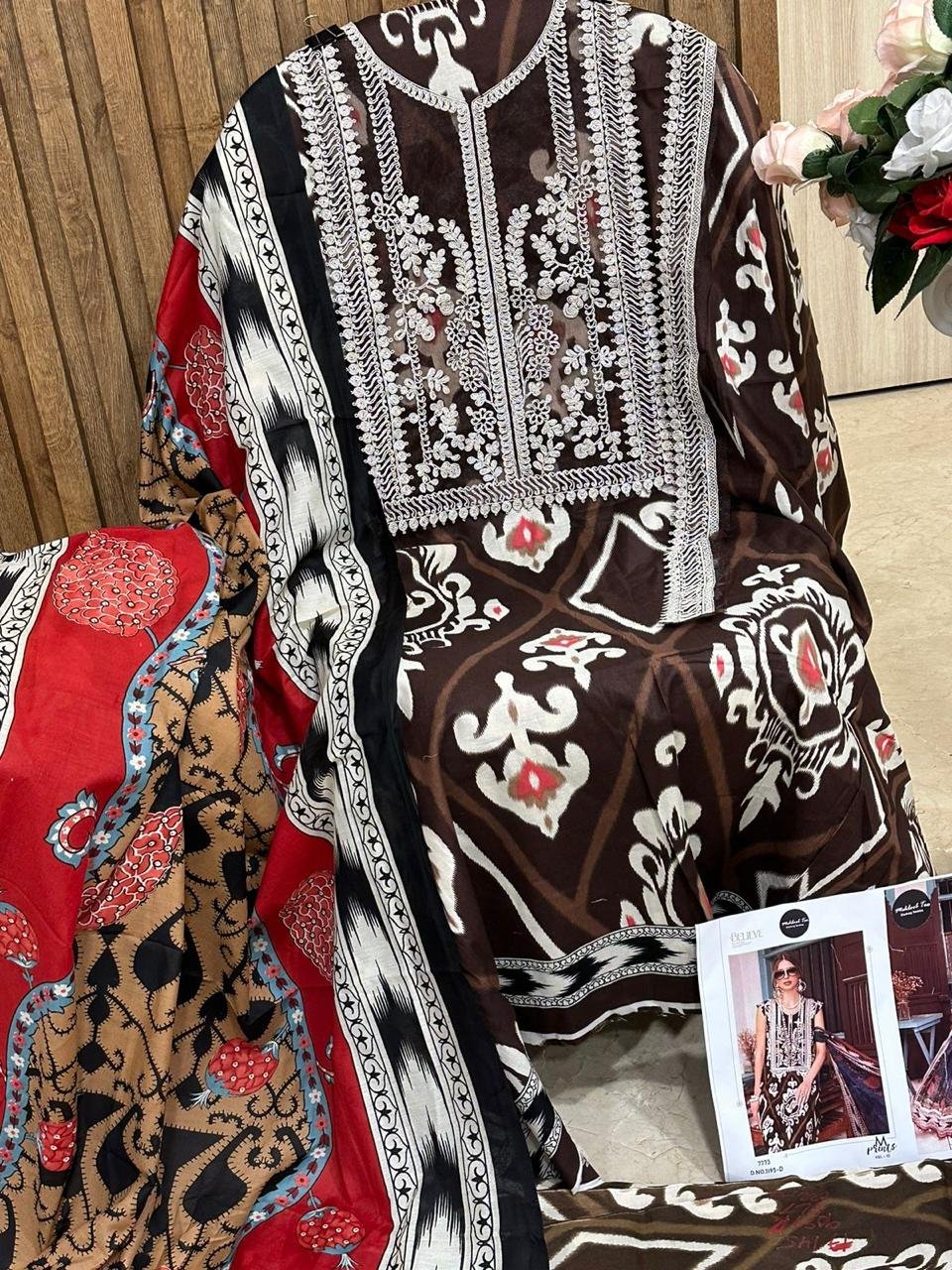
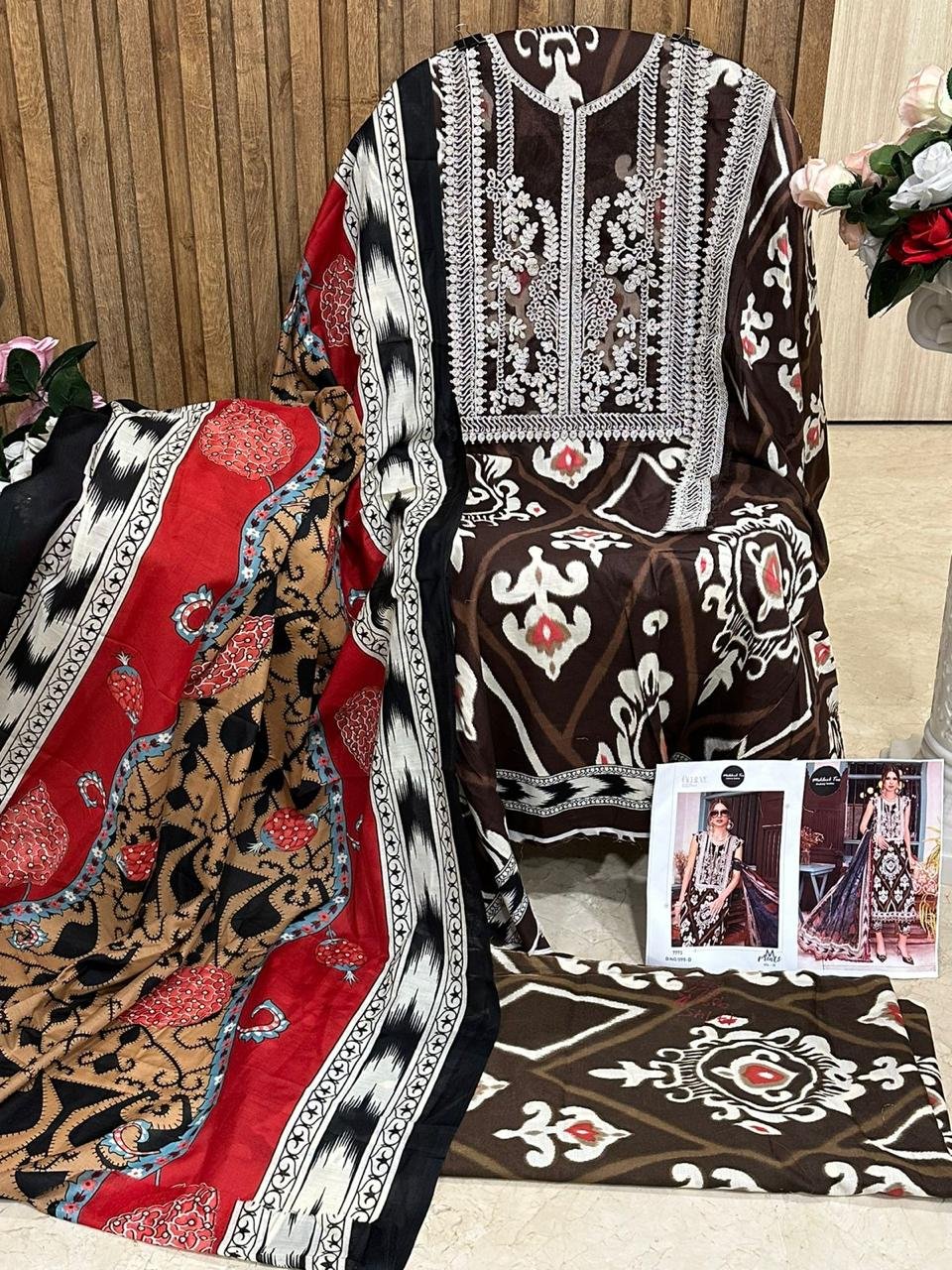
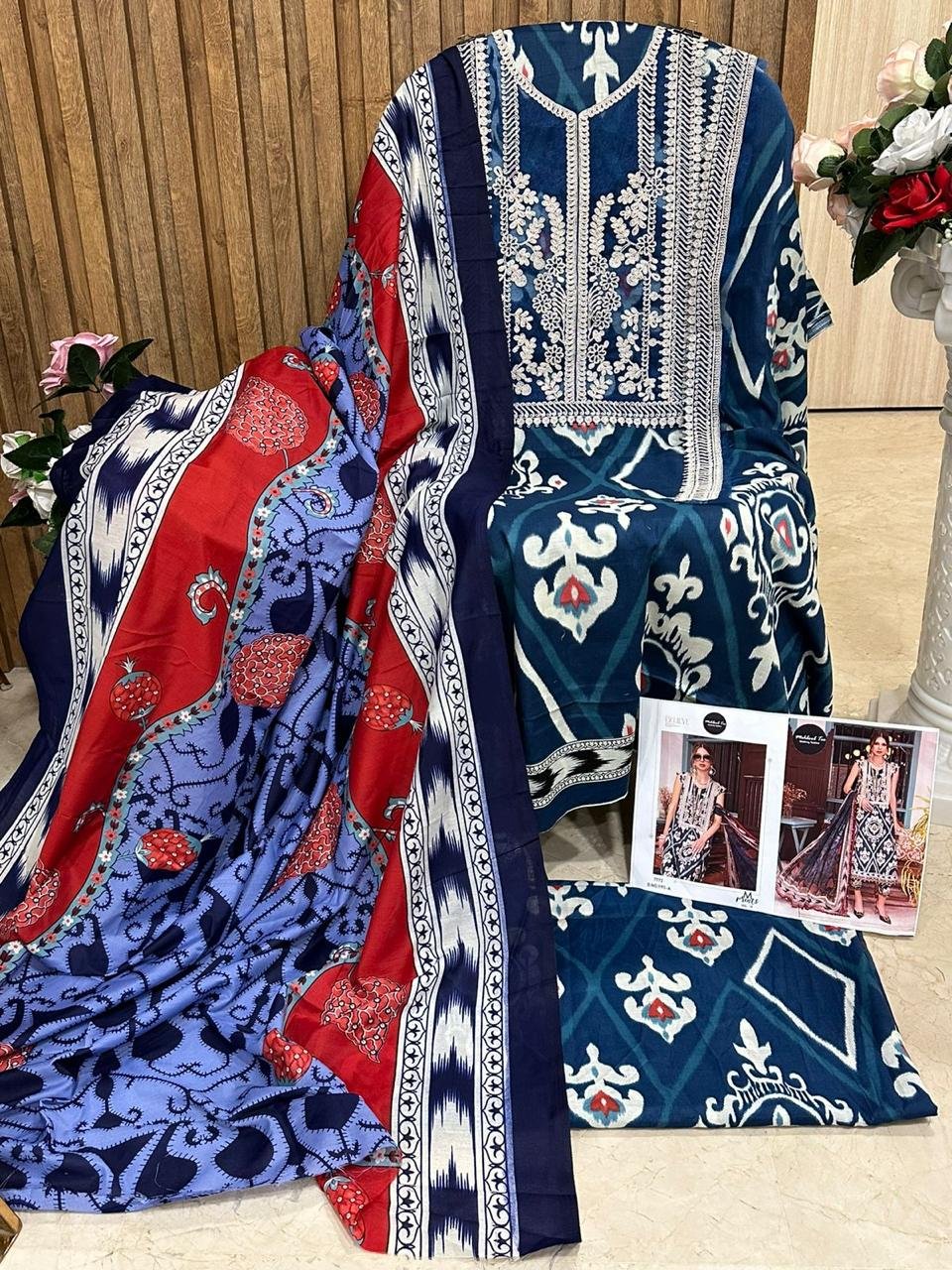
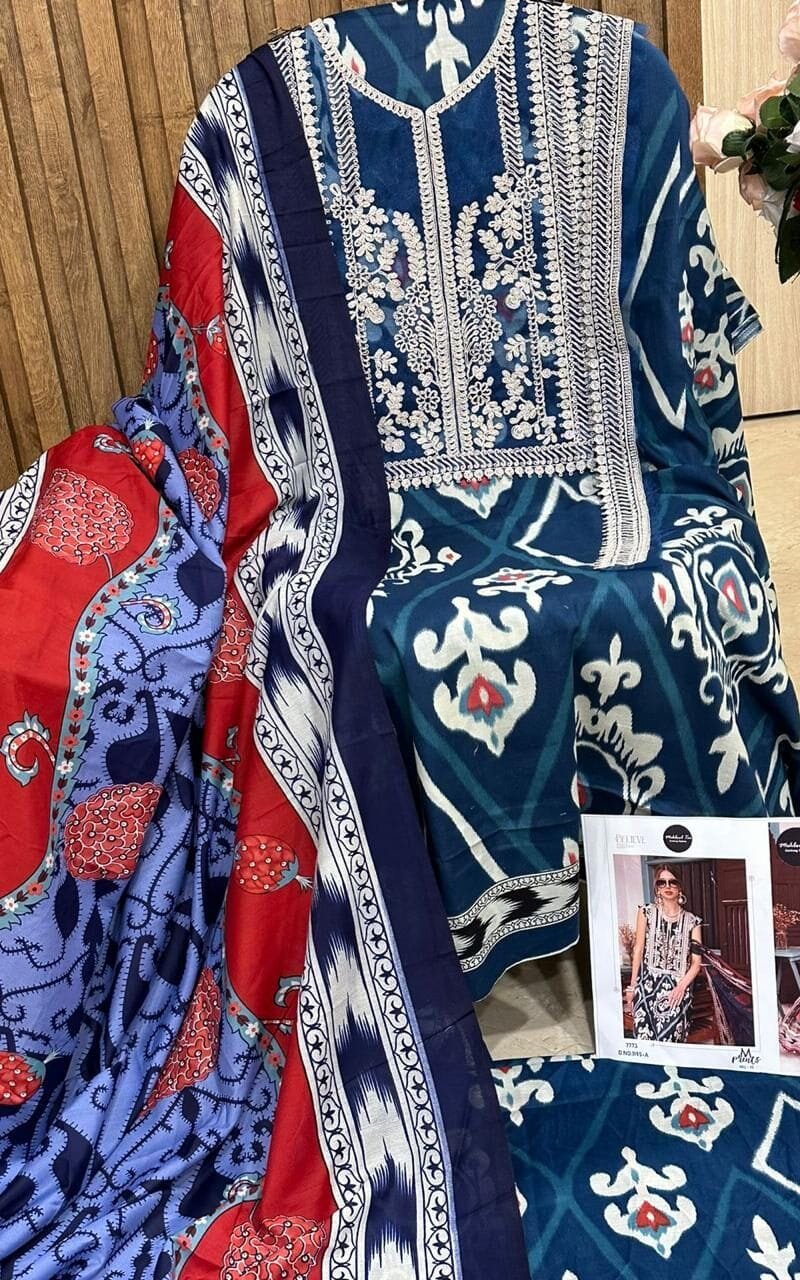
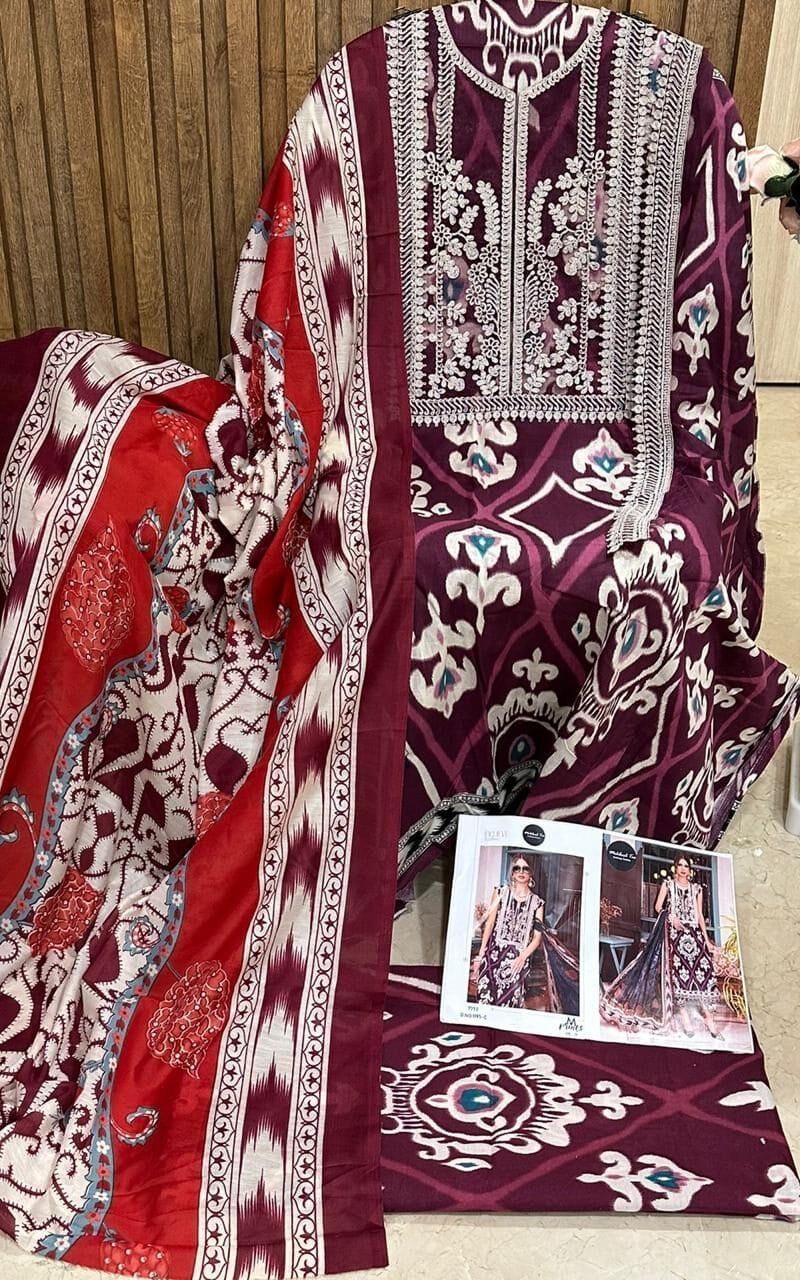
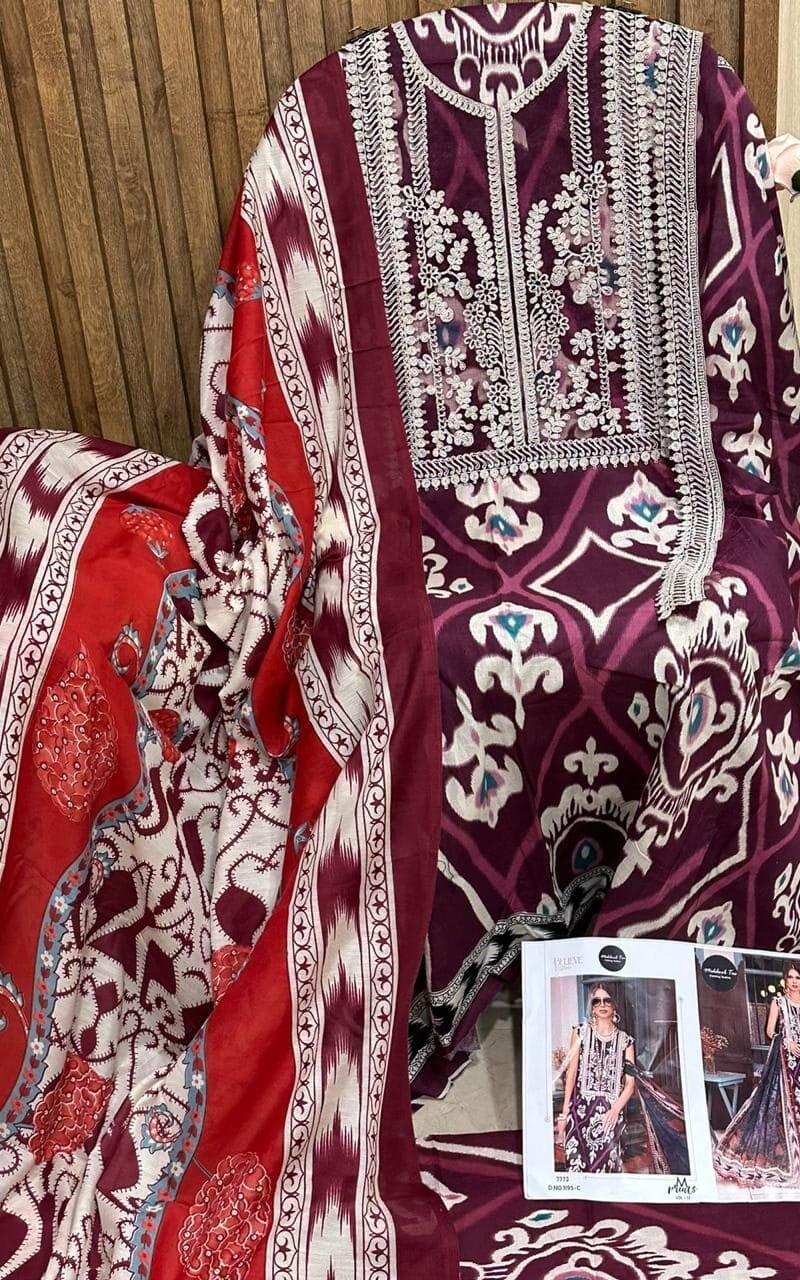


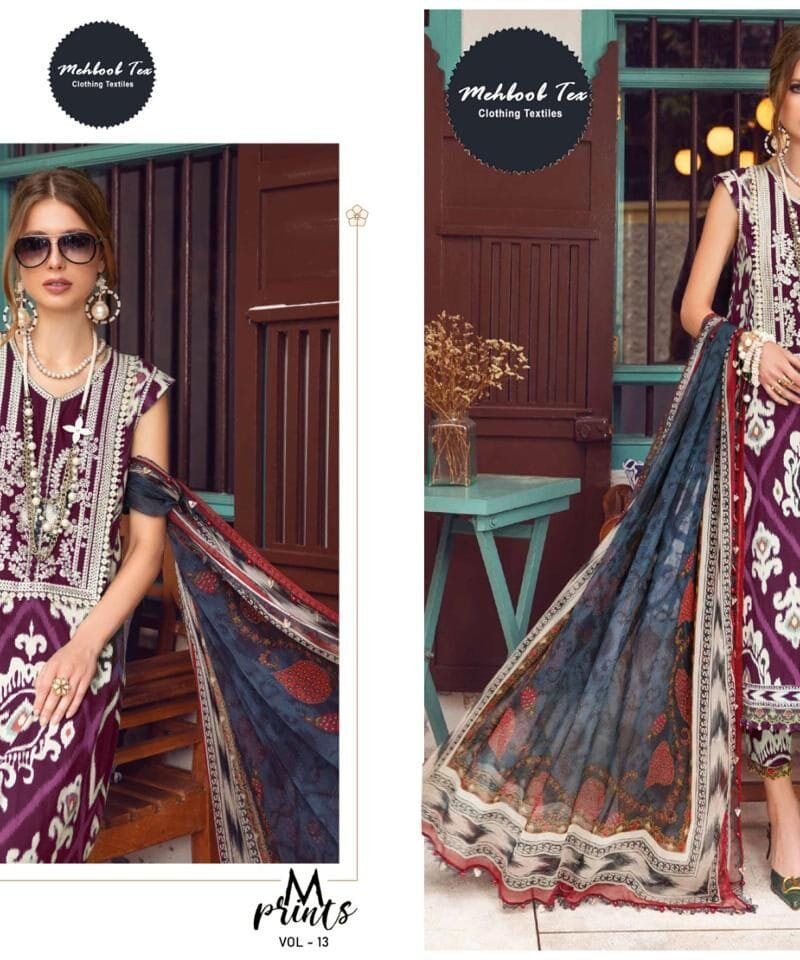


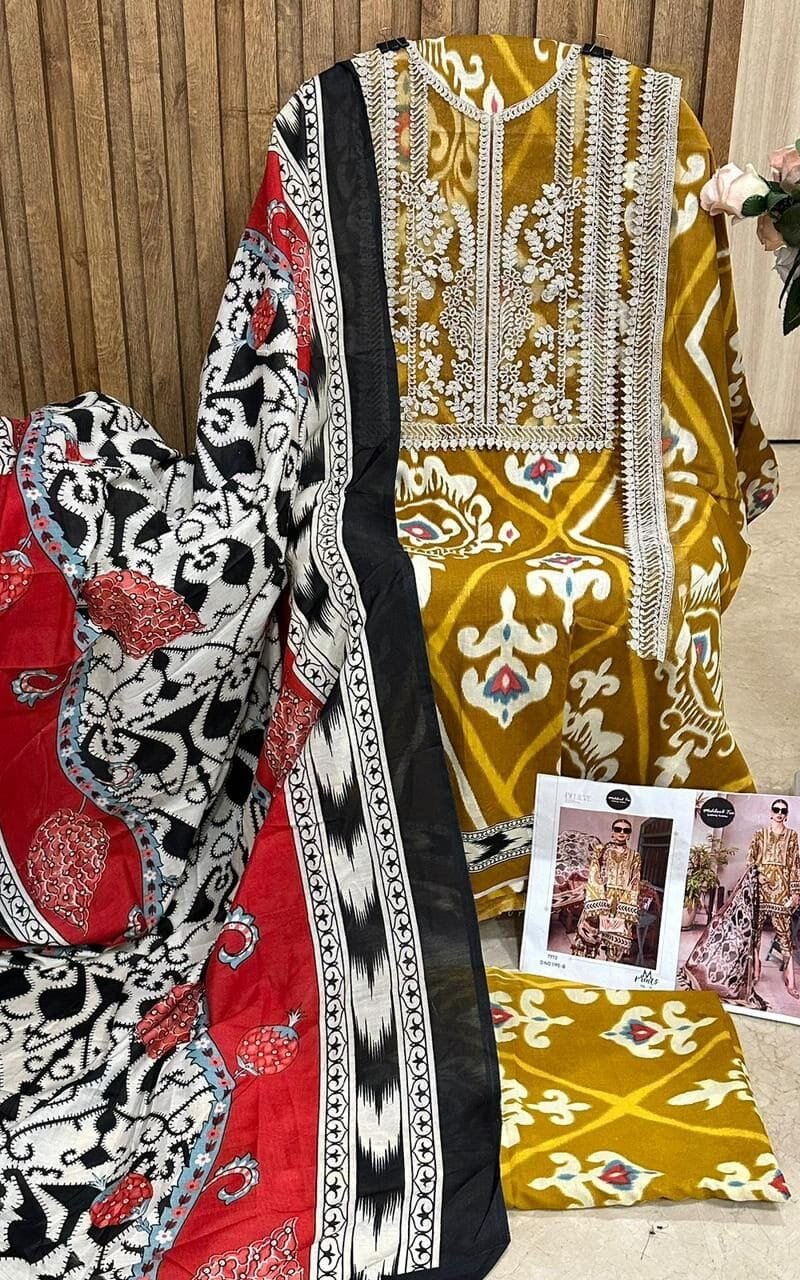
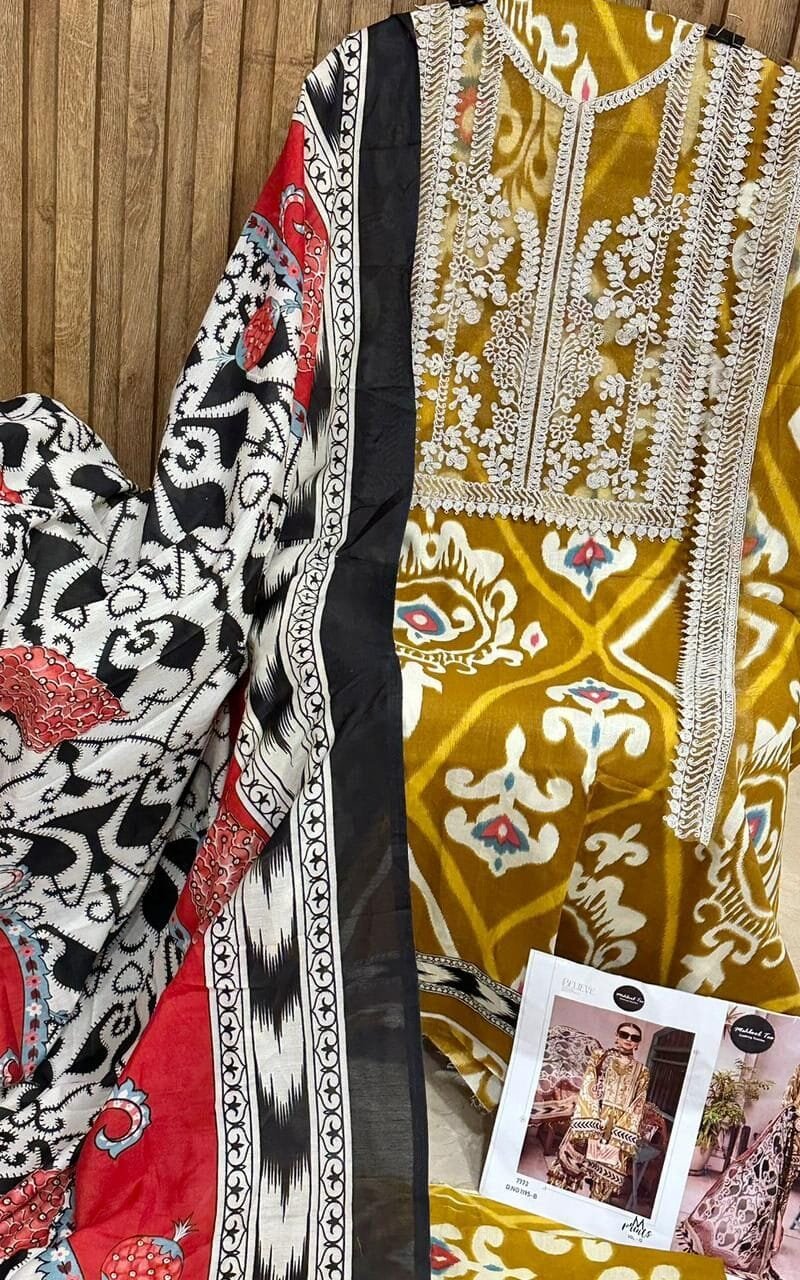
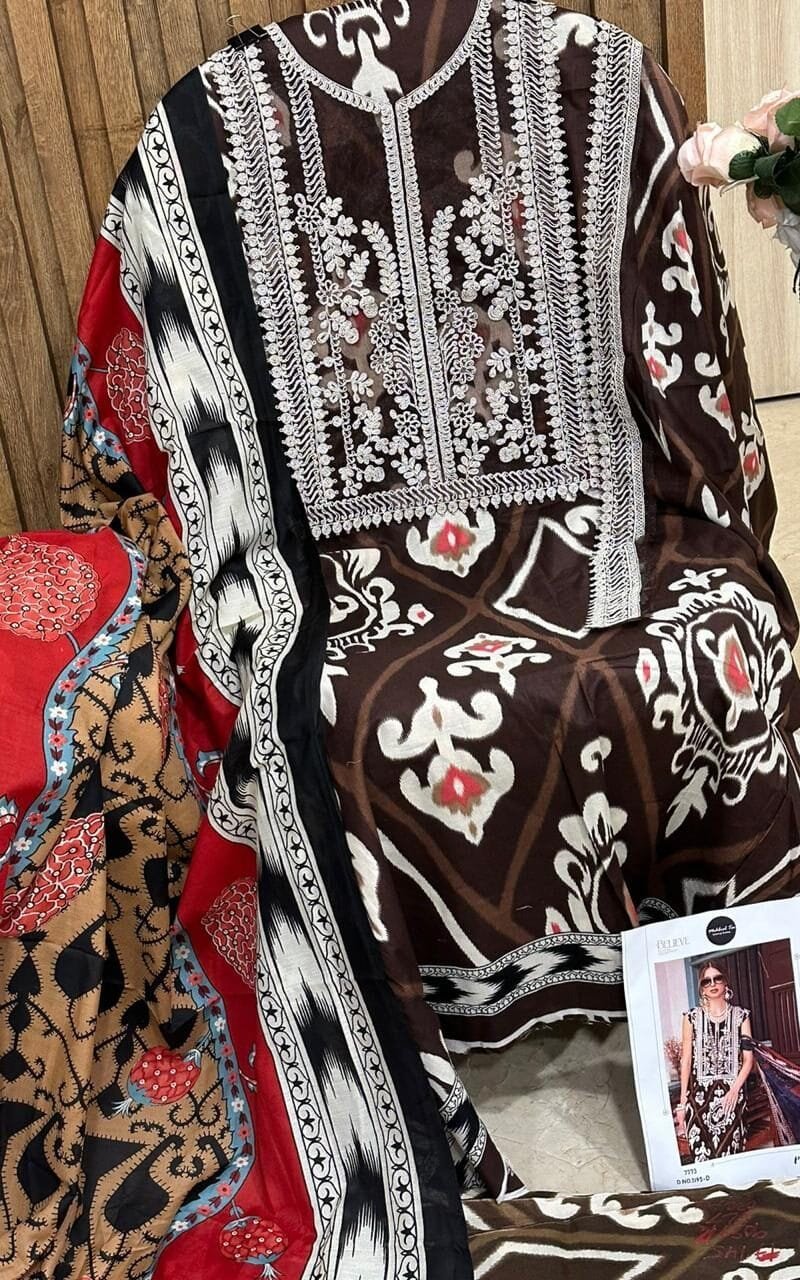
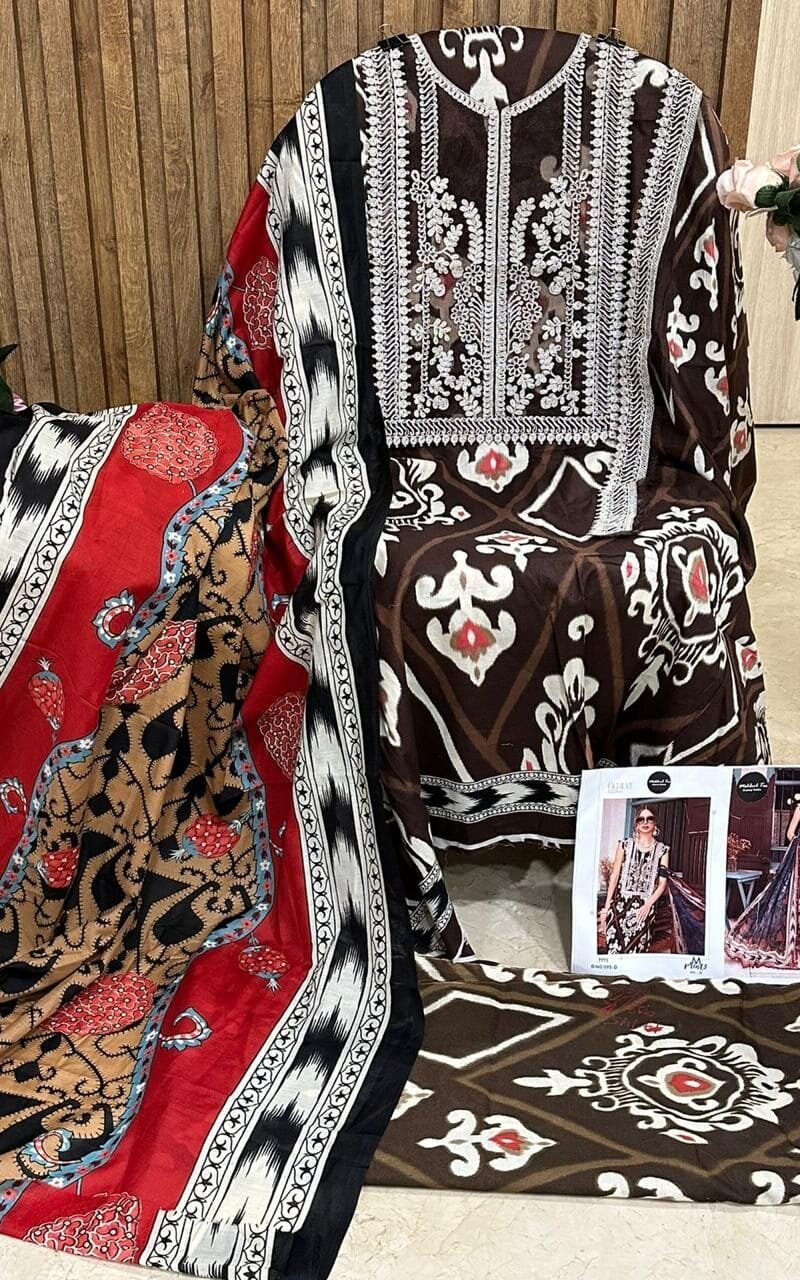
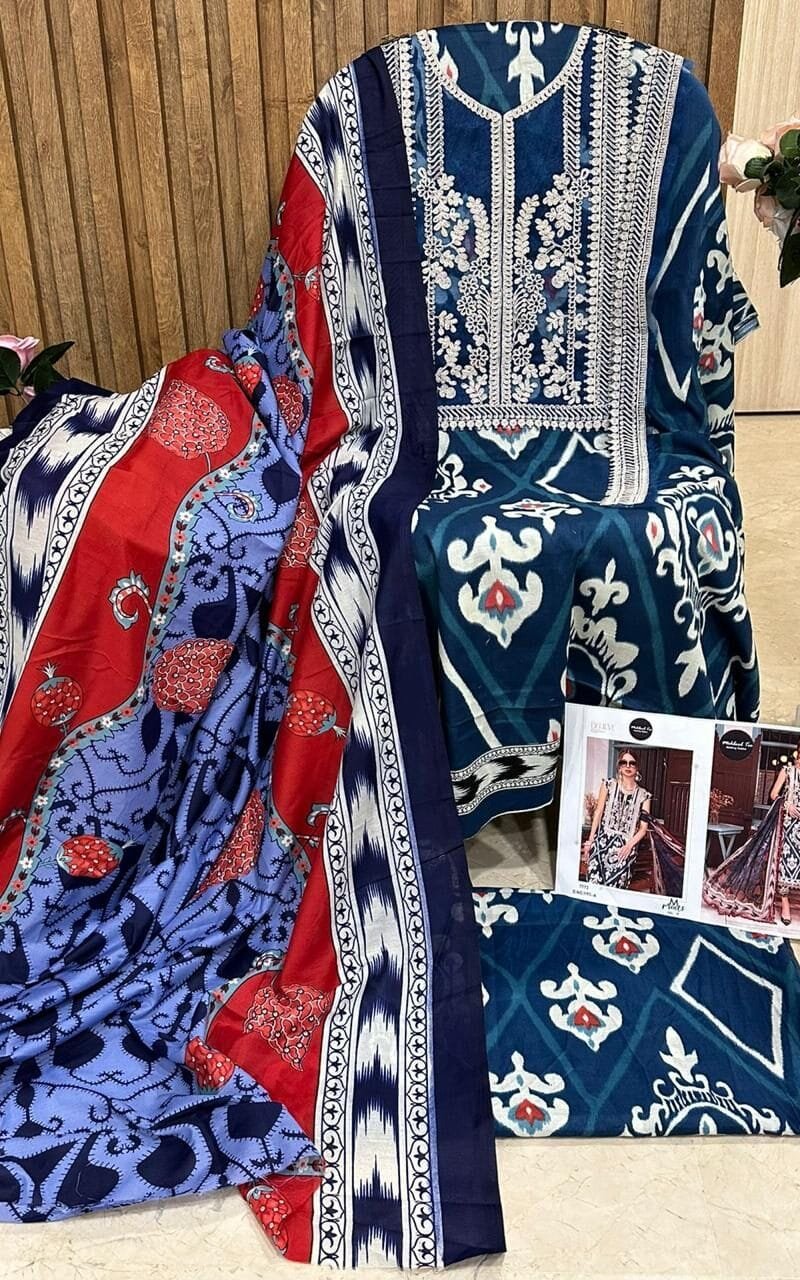



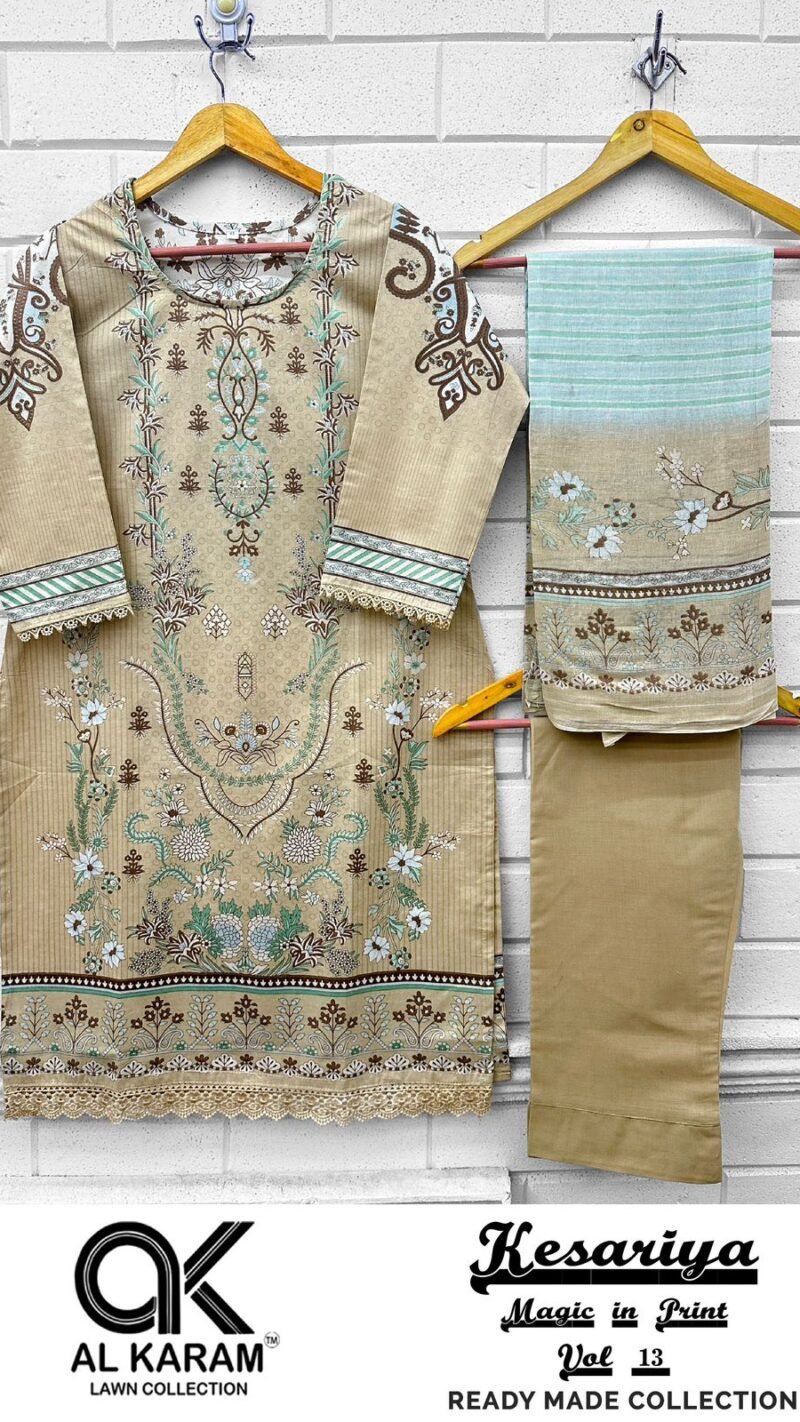
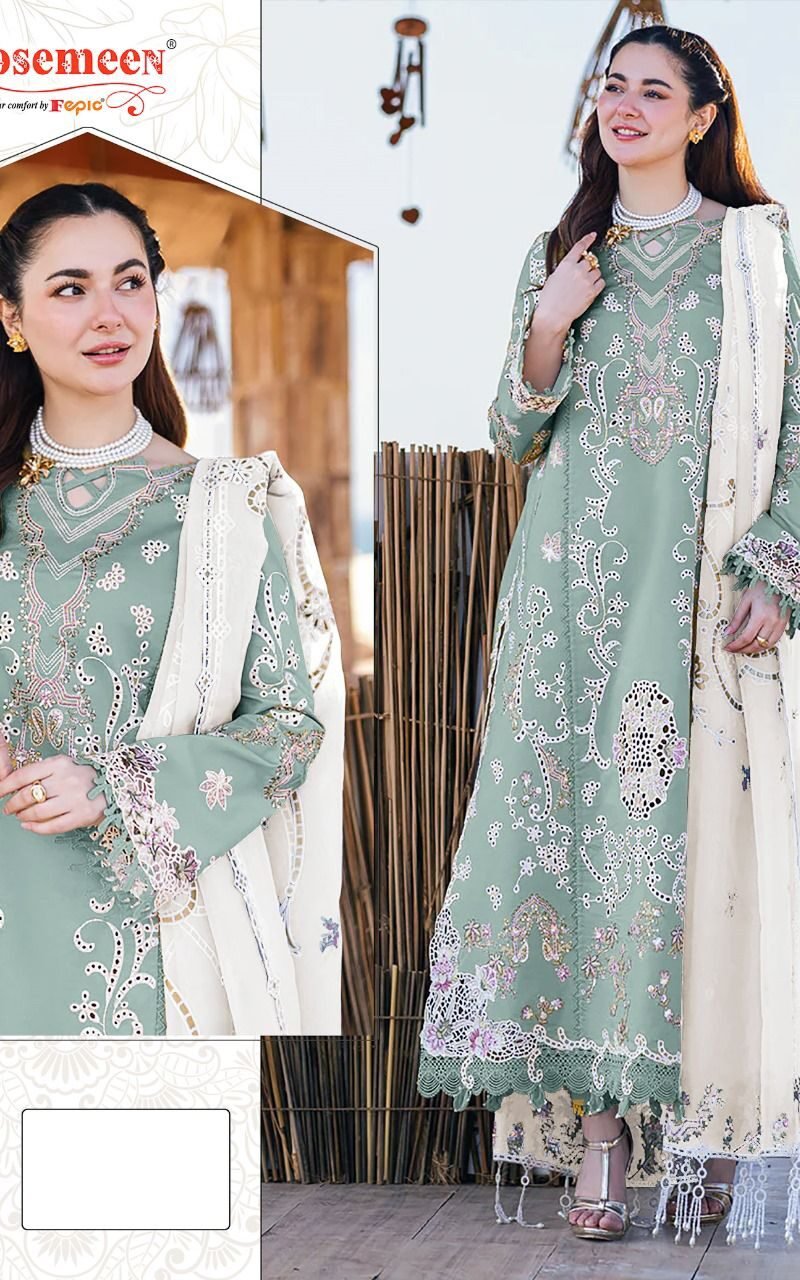
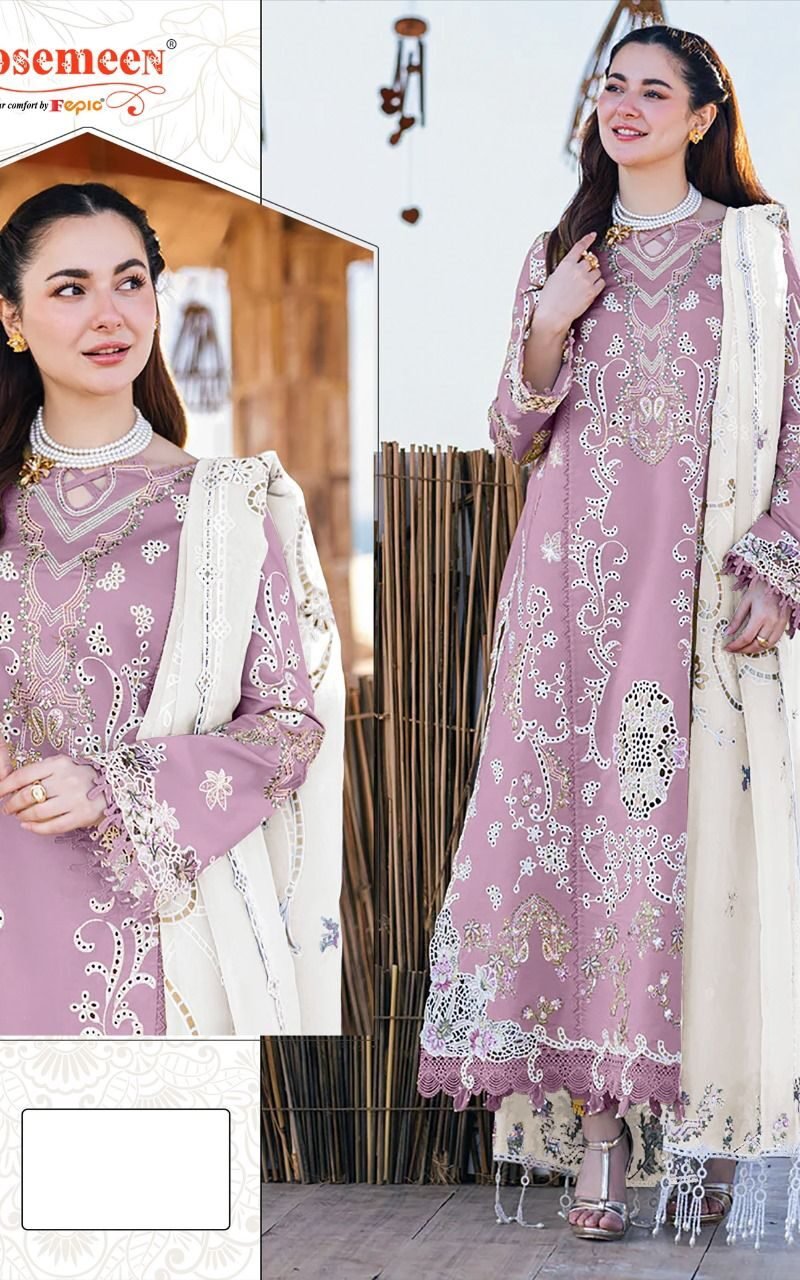
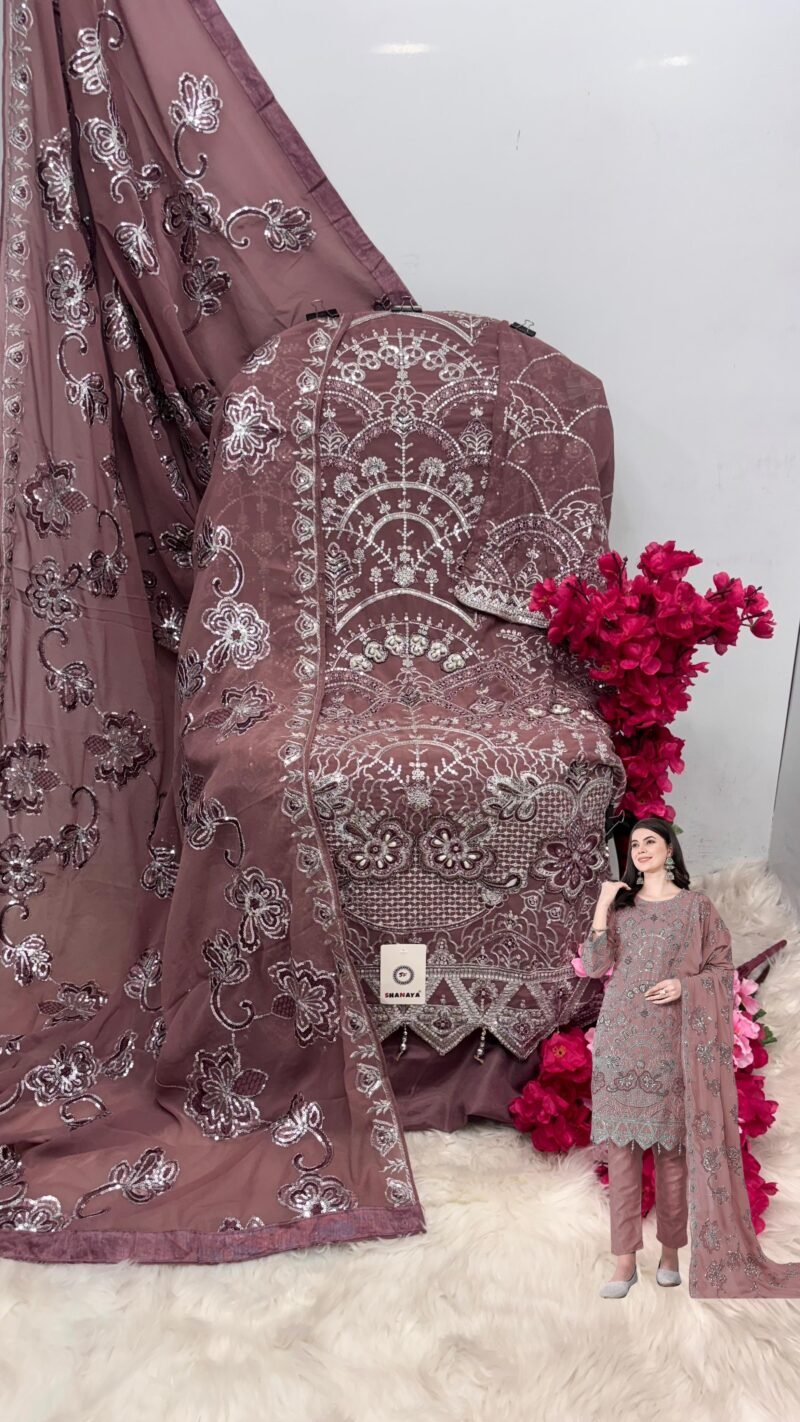






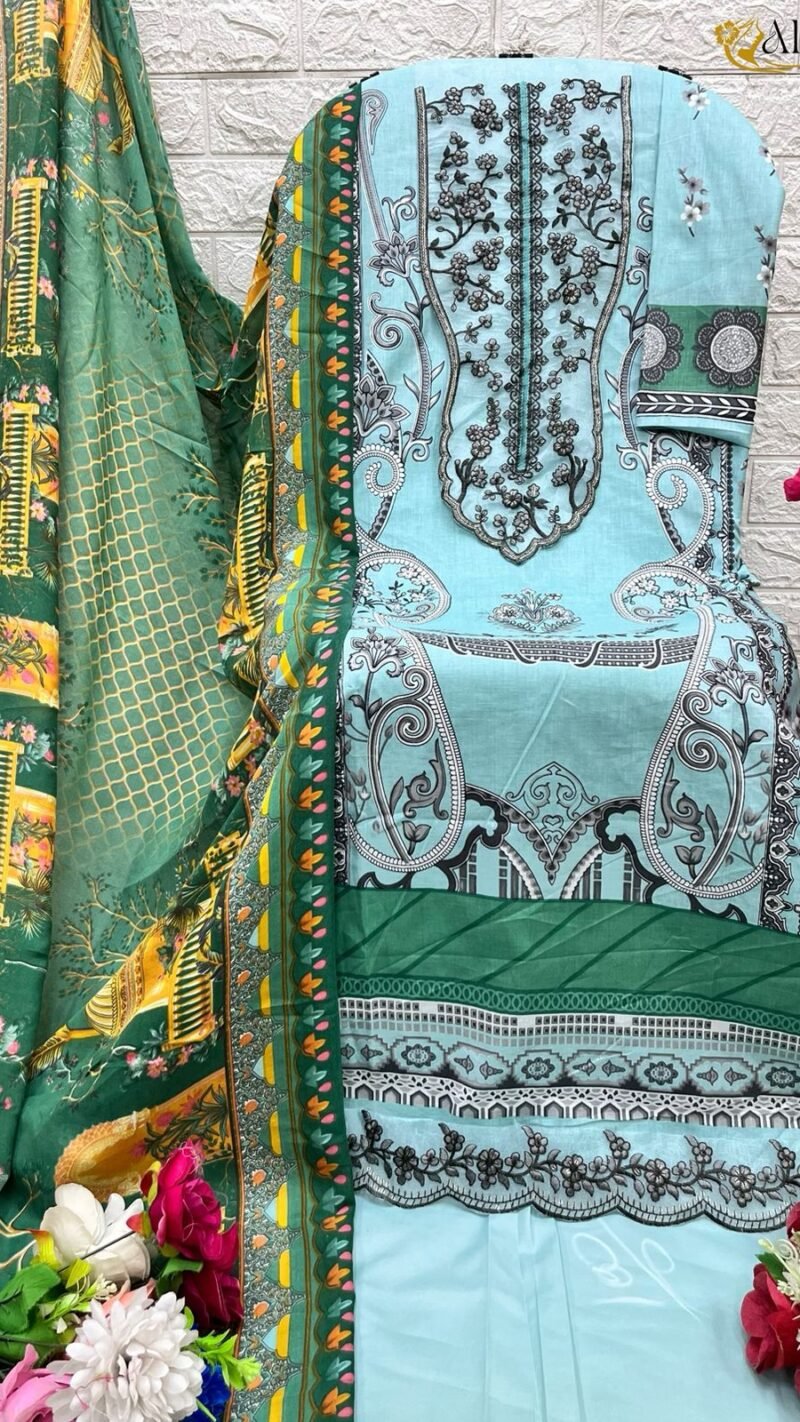

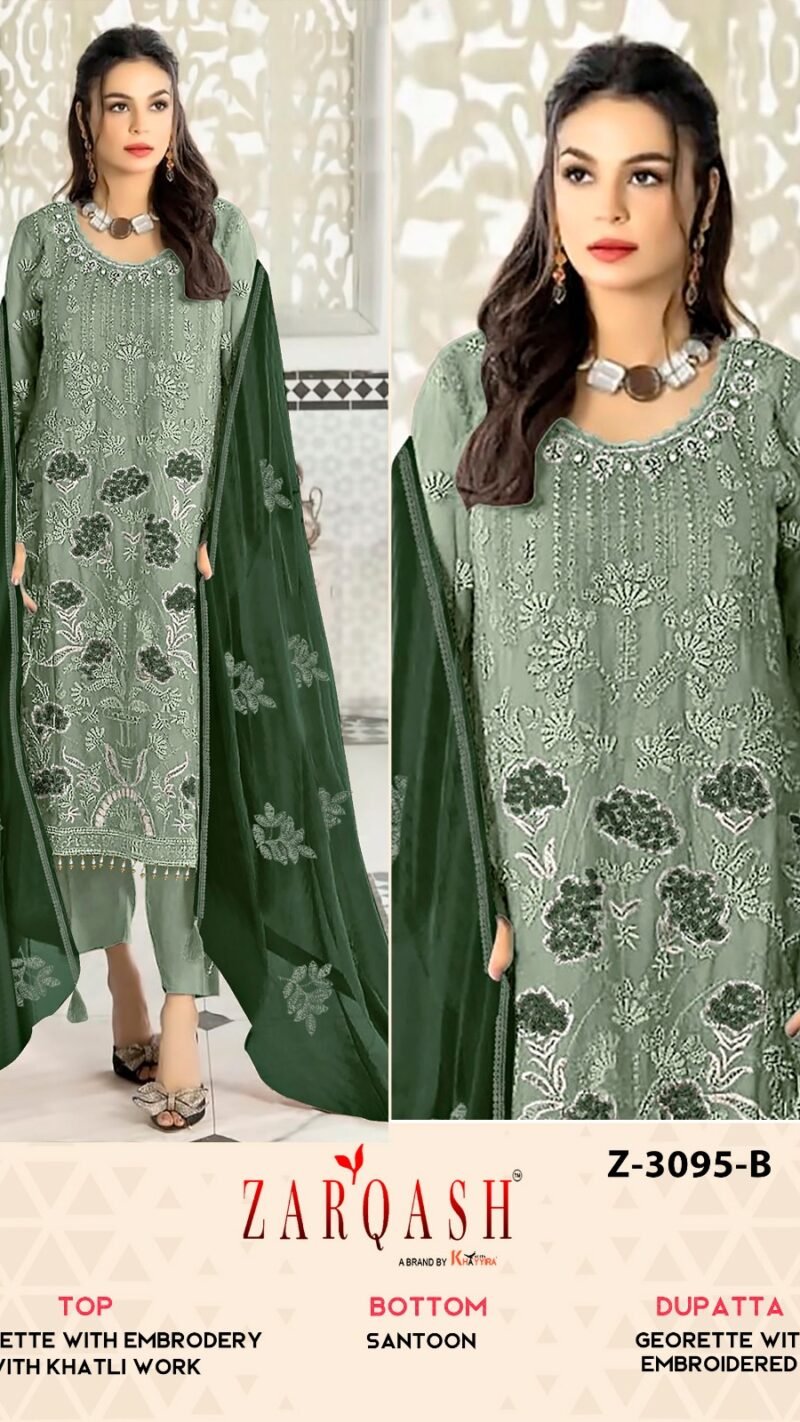

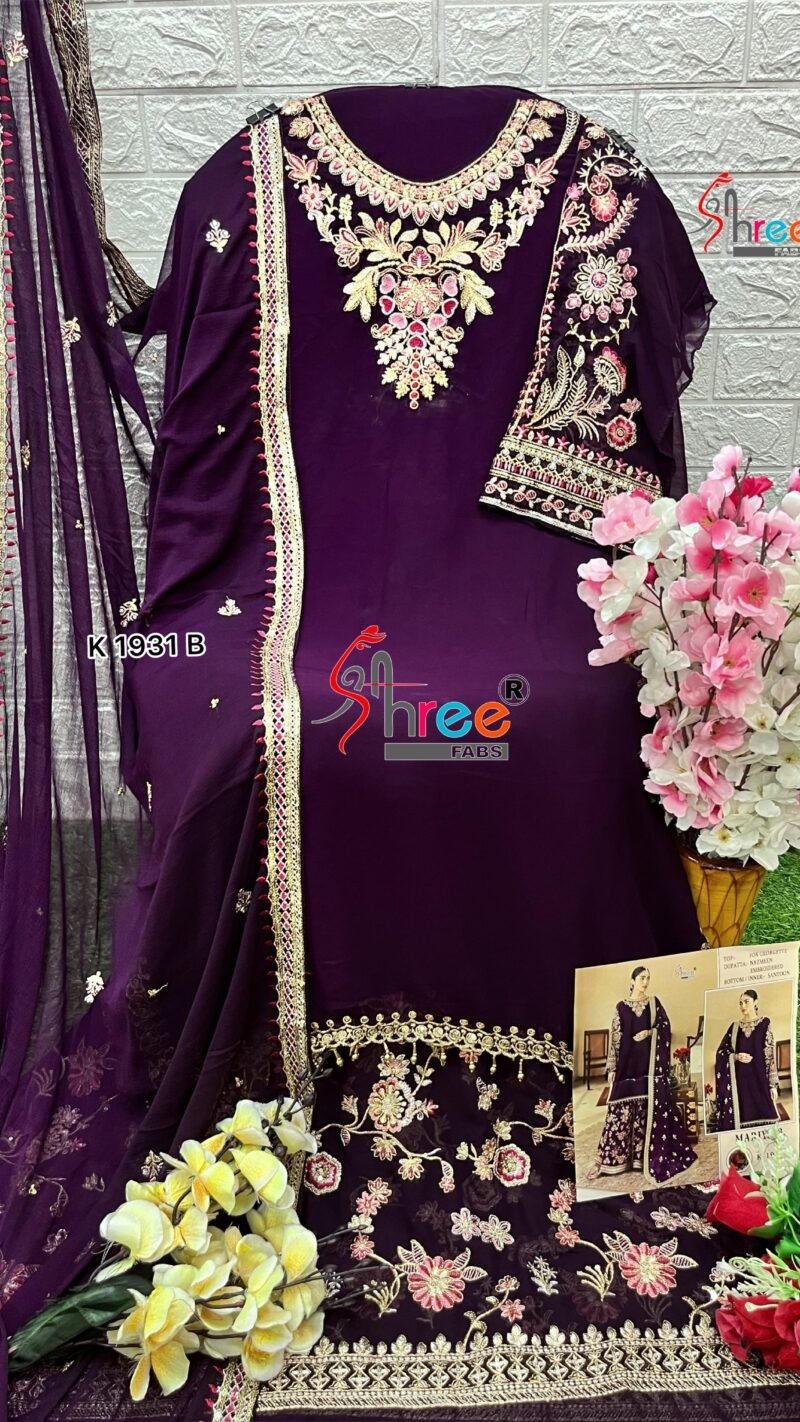







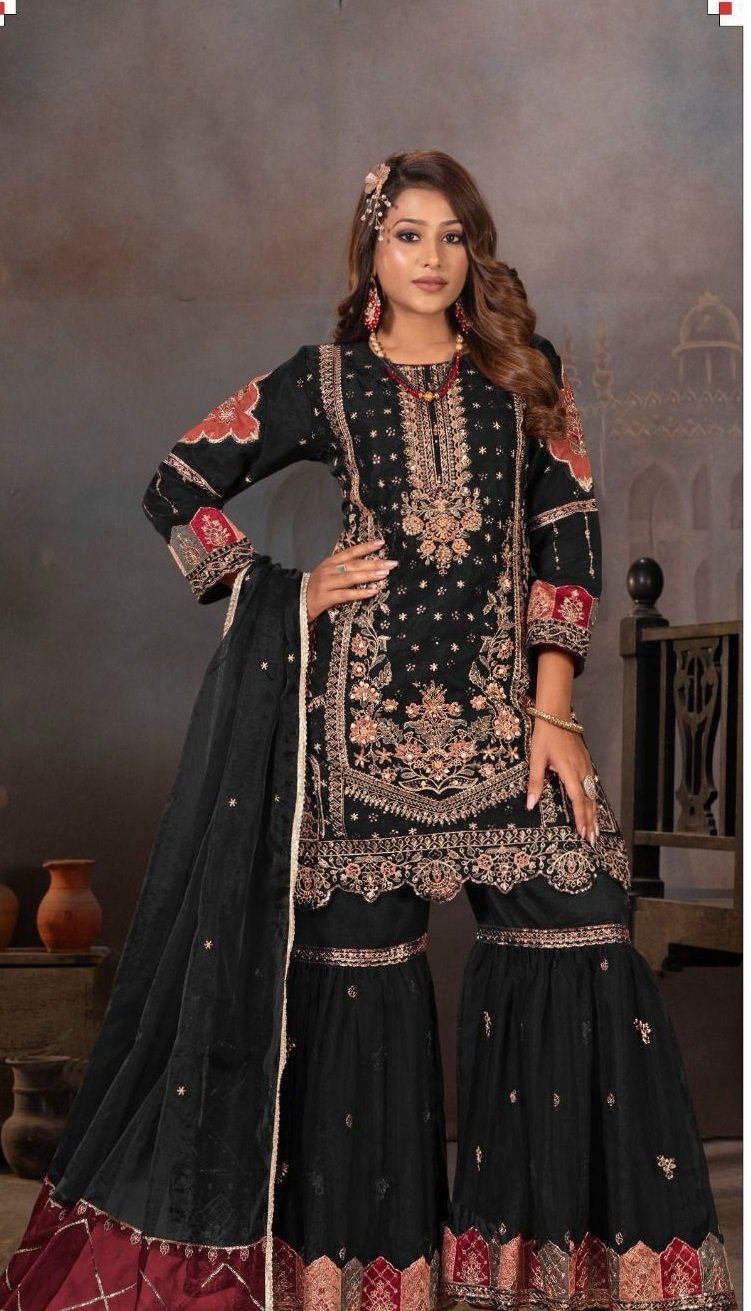
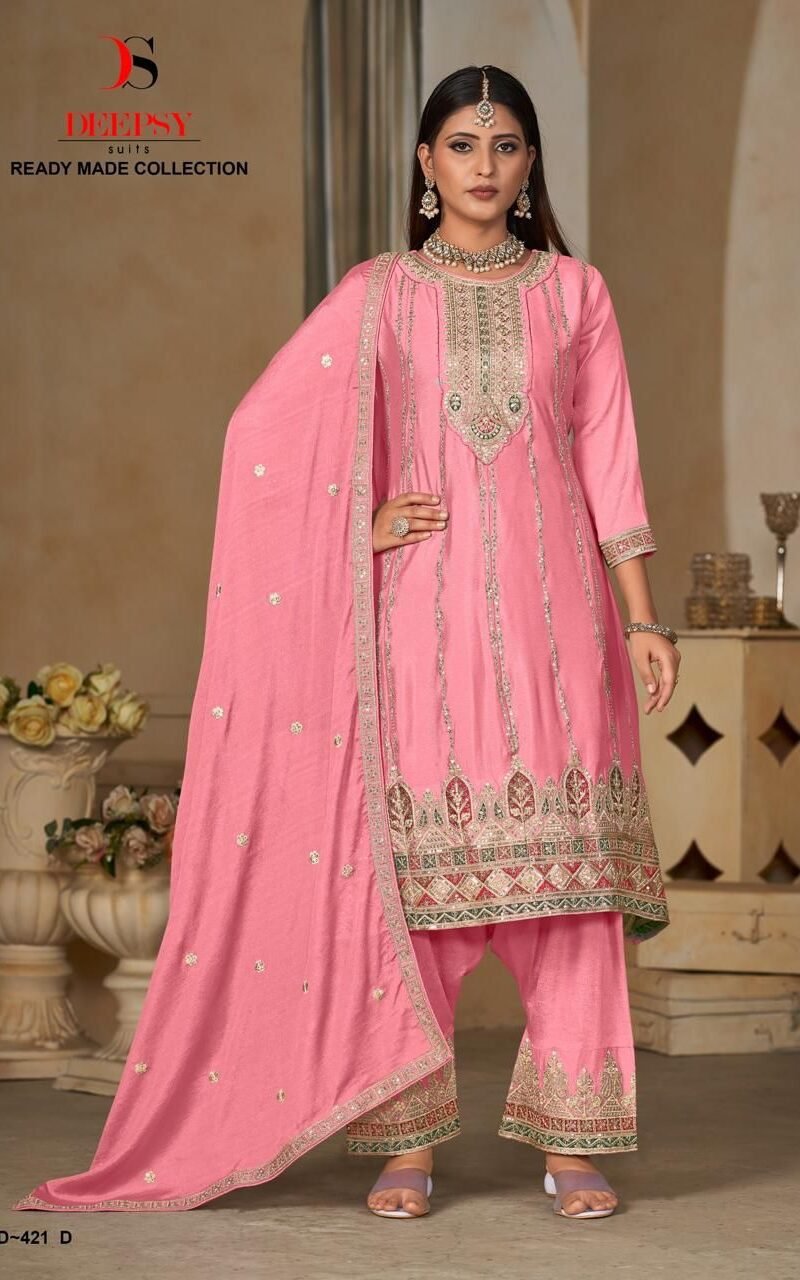


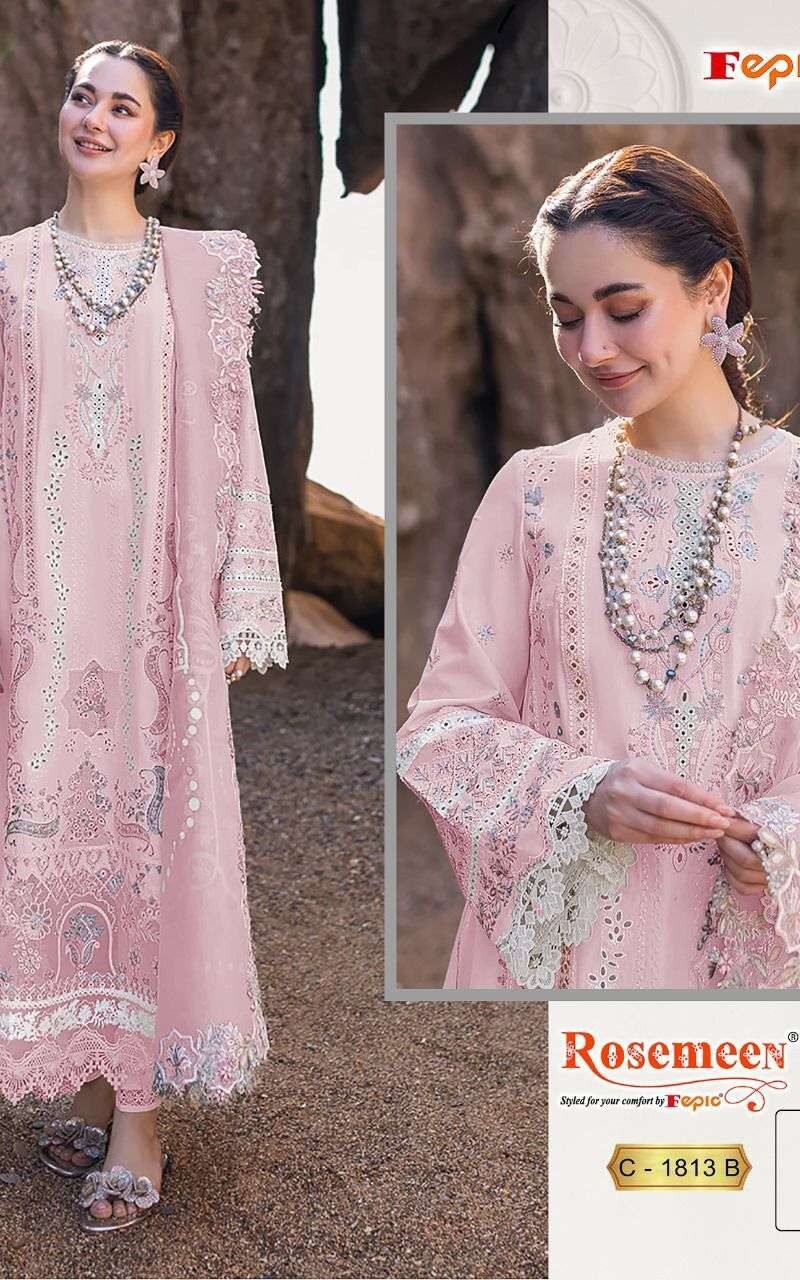

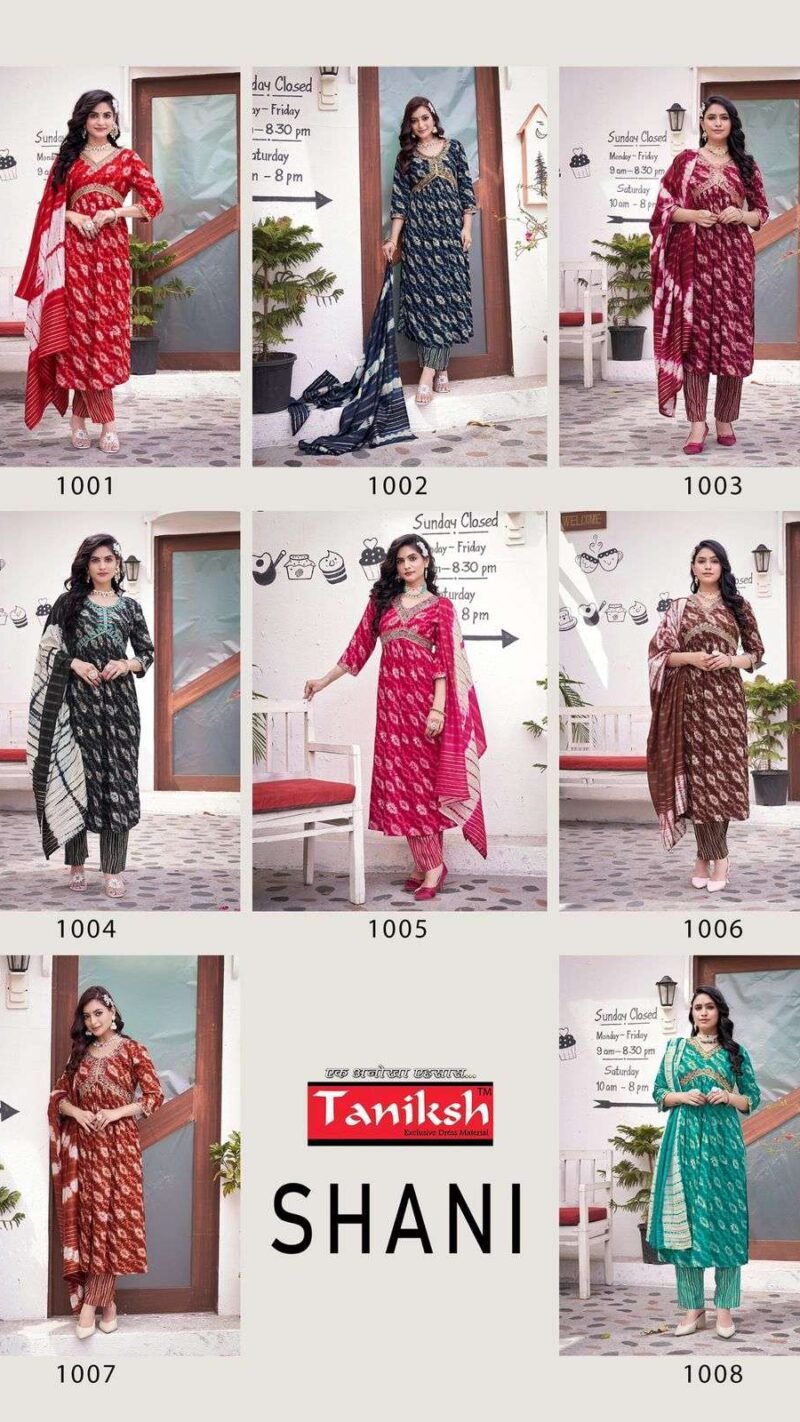








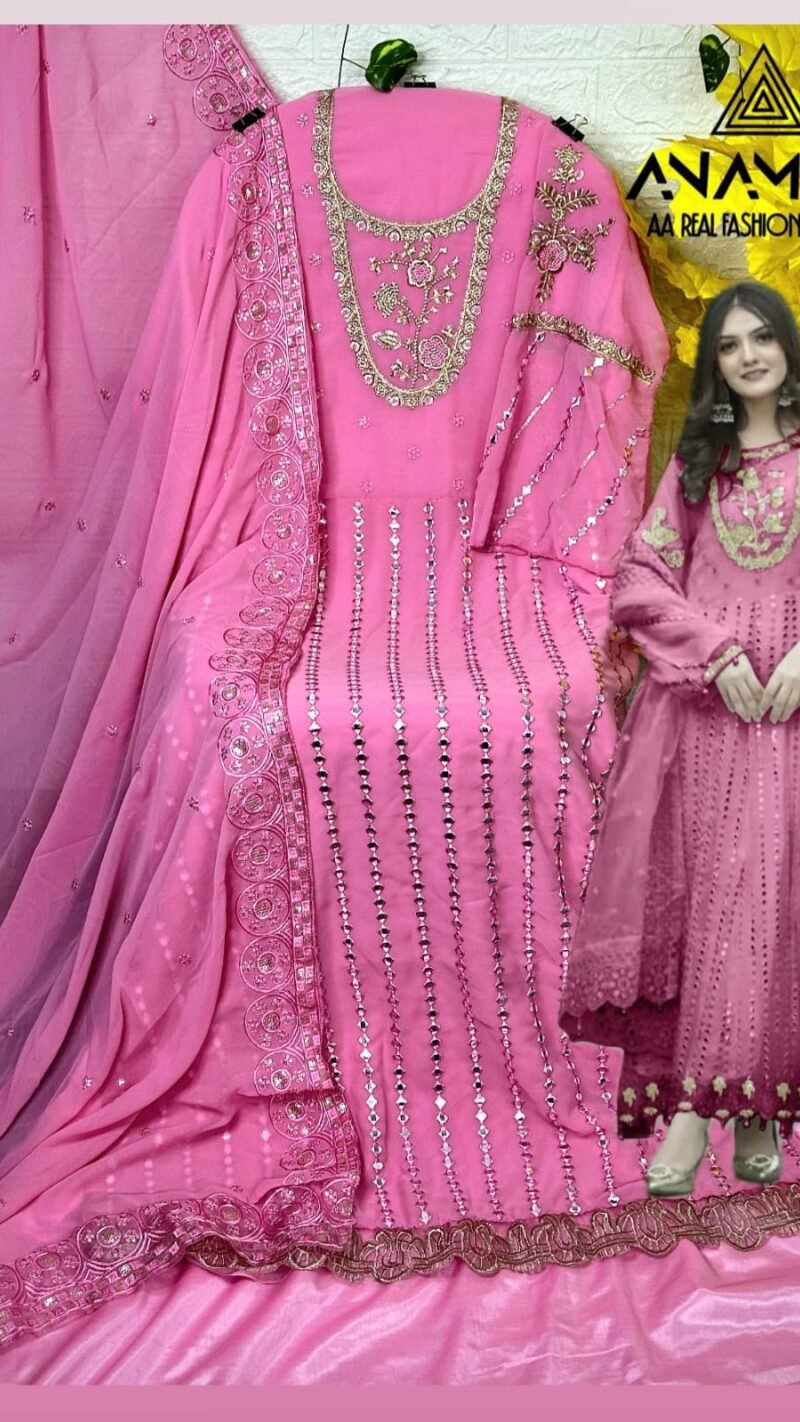

Reviews
There are no reviews yet.